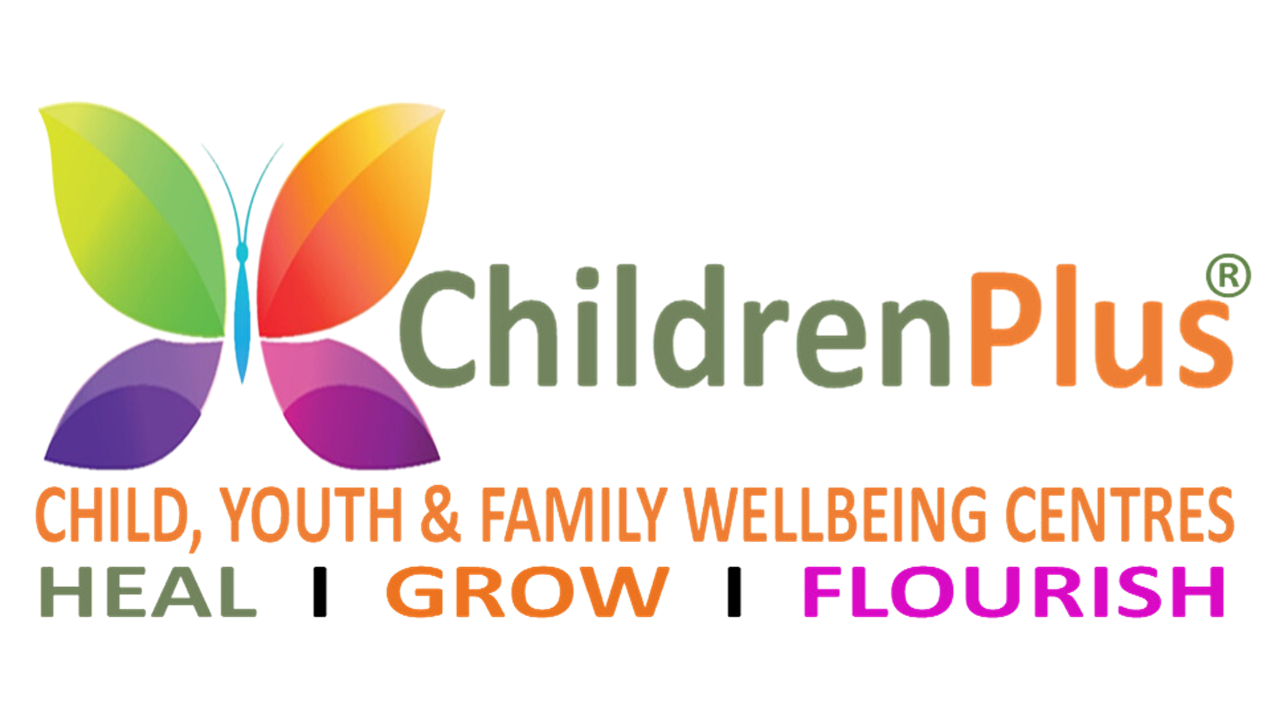Request Consultation
We will never share your details with anyone outside of Childrenplus without your express consent.
Request Consultation
Understanding Autism Spectrum Disorder (ASD)

Early diagnosis and intervention can make a significant difference in a child’s development.
Autism Spectrum Disorder (ASD) is a complex developmental condition. Signs of autism include persistent challenges with social communication, restricted interests, and repetitive behaviour. Autism is considered a lifelong disorder and can have a significant impact on Child and Adolescent mental health. An accurate Autism Diagnosis is essential to get the right support for your child.
Does your child display difficulties in social interaction, communication, or repetitive behaviors? Autism Spectrum Disorder (ASD) might be a possibility. At ChildrenPlus Noida, we provide sensitive assessments and personalized support for children and adolescents on the autism spectrum, helping them reach their full potential.
Recognizing Signs of Autism in Children & Teens
ASD presents differently in each individual. Common signs include:
- Social Challenges: Difficulty understanding social cues, lack of eye contact, or preference for playing alone.
- Communication Differences: Delayed speech, unusual speech patterns, or challenges with nonverbal cues.
- Repetitive Behaviors: Intense interests, rigid routines, hand-flapping, or unusual sensory sensitivities.
The Importance of Early Diagnosis
- Tailored Support: Early diagnosis unlocks access to therapy and interventions that build on a child’s strengths.
- Improved Outcomes: Early intervention leads to better social skills, communication, and overall functioning.
- School Success: Targeted support plans can help children with ASD thrive in the classroom setting.
- Family Empowerment: Understanding ASD allows parents to better advocate for their child’s needs.
ChildrenPlus Noida: Your Partner for Autism Support
- Specialized Assessment: Our team uses evidence-based tools to assess ASD and identify individual needs.
- Personalized Therapy: We offer various therapy options, including play-based, social skills, and behavioral interventions.
- Parent Collaboration: We provide guidance and strategies to empower you to support your child at home.
- Compassionate Care: Our team understands the unique journey of families navigating an ASD diagnosis.
If you have concerns about your child’s development, don’t delay. Contact ChildrenPlus Noida today for compassionate evaluation and support. Together, we can create a brighter future for your child.
Signs of Autism in Children and young people:
-
Feeling sad nearly every day for most of the day. -
Difficulty making conversation with others, perhaps dominating conversations with their favourite topic and not knowing how to take turns. -
Not paying attention to or able to interpret non-verbal communication of others -
Children with Autism Spectrum Disorder may have different speech patterns such as monotone (little vocal inflection) or an old fashioned way of talking. -
Wanting to be alone, Children & Adolescents may find being with others very stressful and exhausting (Low social battery). -
Children & Adolescents with Autism are often rigid in following rules at school and in sport and games -
They may it hard to read social cues and the rules of friendship -
Children & Adolescents with Autism may have unusually intense interests or hobbies. -
Sometimes there are repetitive physical movements, such as touching, biting, rocking or finger flicking. -
Sensory issues in Children & Adolescents with Autism are particularly common, either heightened or lack of sense of smell, touch, taste, sound and vision -
There is a need to follow routines to feel secure, become very upset when expected routines change -
Children & Adolescents with signs of Autism may have only a few or no close friends -
Aggression is sometimes seen, usually as a way of avoiding overwhelming situations. -
Anxiety is also common, especially in teenagers with Autism
